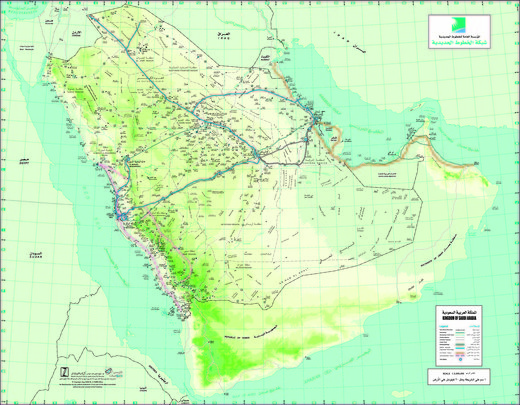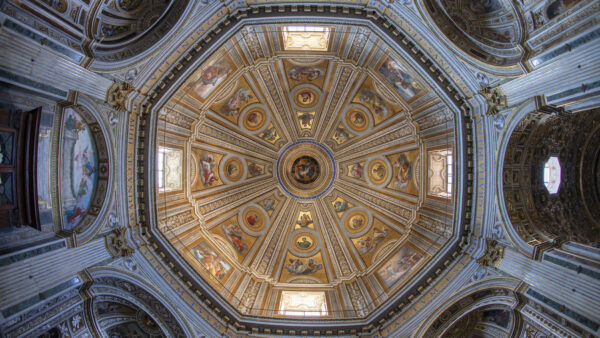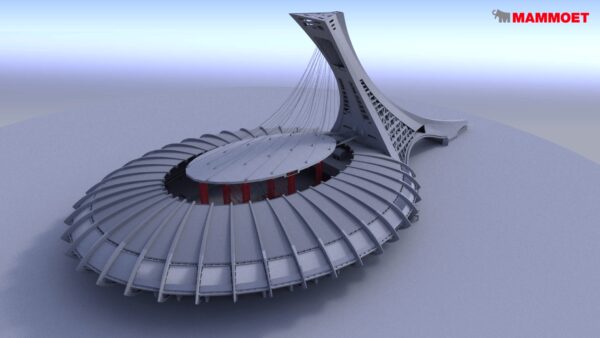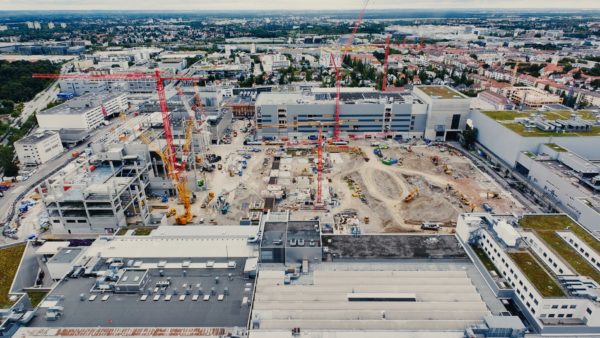23 September 2013
Plans for the Gulf region’s long-awaited integrated railway network appeared to take a step forward this month with news that the six-member Gulf Cooperation Council (GCC) intends to set up a supranational body to coordinate the ambitious project.
The GCC secretariat will finalise plans for the new ‘GCC Railway Authority’ at the next meeting of transport ministers, due at the end of September, and at another meeting of finance ministers on 4 October in Bahrain, according to newspaper The Times of Oman.
The initiative was announced by Ramiz Al Assar, the World Bank’s resident adviser to the GCC secretariat, who said all member states supported the idea.
“Now the project is well under implementation stage and facing a lot of challenges and therefore it requires this fundamental body,” he told a conference in Oman.
The GCC railway is intended to link cities from Kuwait in the north to Muscat, Oman, in the south. Infrastructure projects connected to the visionary scheme include building a new causeway from Saudi Arabia to Bahrain.
Not surprisingly, it has taken time to get off the ground. The region’s leaders first approved a feasibility study in September 2009, at which time it was estimated that the $25bn network would be operational by 2017.

Map of the proposed Gulf regional rail network (Saudi Railways Organization)
Dr Al Assar said the biggest challenges in the project are institutional, such as the need for a regional, rail-sector training academy.
“We are looking at on the job training now,” he said. “We are now discussing with several countries for sending staff, who will go for training programmes for six to 18 months for working in railway operators, consultants or contractors and then come back.”
Dr Al Assar said most of the GCC member states have completed detailed engineering design and that construction is expected to start “from end-2014 or early 2015”, with Saudi Arabia and UAE having already started some sections.
The network is expected to be operational by the end of 2018 or the beginning of 2019, he said.
Dr Al Assar said the member states have decided to go for a decentralised approach. “However,” he said, “we all agreed that it should be looked at as a single regional integrated and interoperable GCC railway.”
He said planned rail investment in GCC countries now totalled approximately $200bn, which include metro projects in Saudi Arabia, Qatar and Kuwait.
He also noted that the GCC countries have decided to go for a standard speed of 200km/hr, to be upgradable in case of a growth in passenger traffic.
Source: Times of Oman










